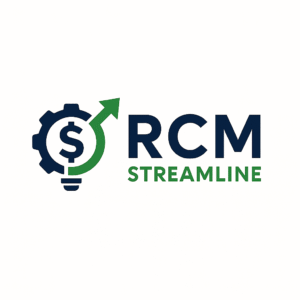Top 5 Reasons Claims Get Denied — and How to Prevent Them. Denial Prevention Tips.

Introduction
Claim denials are more than just a nuisance—they disrupt cash flow, create rework, and delay patient care. While some denials are unavoidable, most can be prevented with a proactive revenue cycle strategy. In this post, we break down the top 5 most common denial reasons and give you actionable tips to avoid them before they hit your bottom line.
1. Missing or Incorrect Patient Information
Why it happens:
Even one wrong digit in the member ID, date of birth, or address can cause a claim to be rejected.
How to prevent it:
Implement double-verification at intake and registration
Use EHR-integrated form validation
Regular staff training on data accuracy
2. No Authorization or Untimely Authorization
Why it happens:
Failure to get prior authorization, or not updating it after plan changes, leads to automatic denials.
How to prevent it:
Use a centralized prior authorization tracking tool (like the RCMStreamline Tracker)
Schedule recurring eligibility checks
Create payer-specific authorization checklists
3. Coverage Terminated or Not Effective
Why it happens:
Patient’s coverage was inactive on the date of service, or the provider isn’t in-network.
How to prevent it:
Always run real-time eligibility checks
Validate insurance status 24–48 hours before service
Include policy lapse flags in your intake workflow
4. Incorrect Coding or Modifier Issues
Why it happens:
Payers reject claims with unlisted, outdated, or mismatched CPT/HCPCS codes or improper modifiers.
How to prevent it:
Keep coding tools up to date
Run pre-submission audits
Train coders on payer-specific billing guidelines
5. Duplicate Claim Submissions
Why it happens:
Claims submitted more than once for the same service/date without clear correction indicators.
How to prevent it:
Set up automated duplicate detection in your billing software
Clearly mark corrected claims with appropriate frequency codes
Review aging reports before re-submitting
Final Thoughts: Be Proactive, Not Reactive
Denials don’t just hurt your revenue—they slow your team down. By understanding the most common denial reasons and applying these preventative strategies, your team can reduce administrative waste and accelerate reimbursements.

Our tools and consulting services at RCMStreamline.com are built to simplify and strengthen your entire RCM workflow.
Contact us at support@rcmstreamline.com for additional assistance

